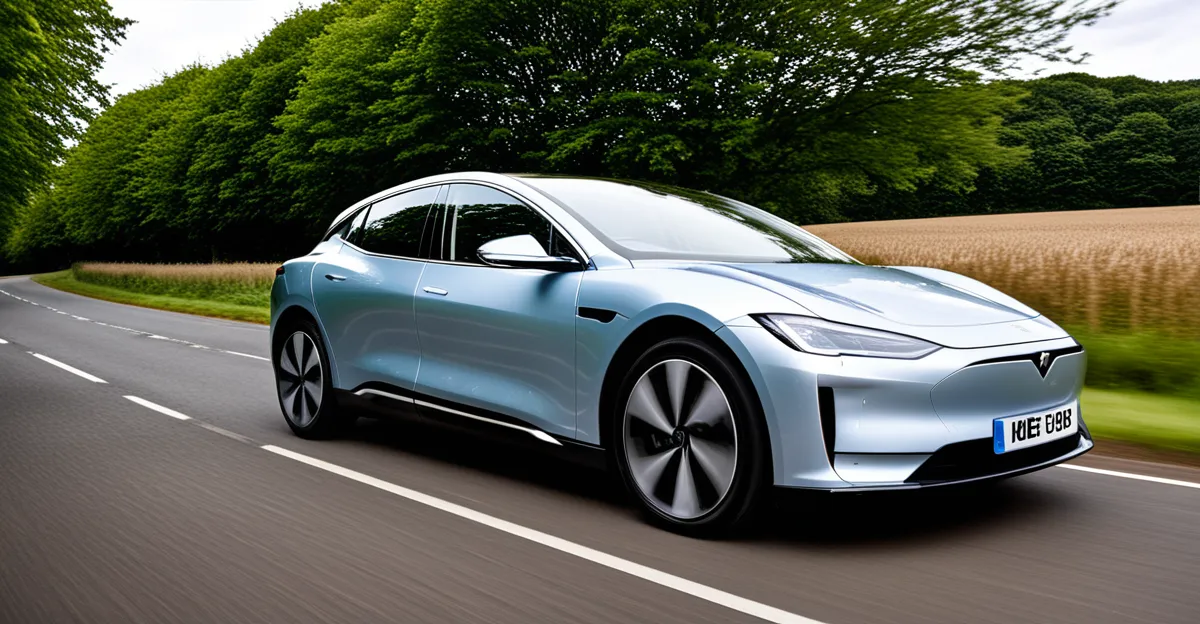Influence of Electric Vehicles on UK Automotive Manufacturing
Electric vehicles UK are fundamentally reshaping the UK automotive industry. Traditional UK carmakers have had to overhaul production practices to accommodate EV manufacturing. This shift means adapting assembly lines, investing in new equipment tailored for battery installation, and reconfiguring supply chains to source electric components rather than combustion engine parts. EV manufacturing requires stricter precision and incorporates new technologies, demanding a redesign of factories.
Adaptation of UK manufacturing plants is visible across various regions, where once solely focused on internal combustion engines, plants now incorporate high-voltage battery assembly and electric drive unit installations. This transition impacts traditional car manufacturing employment profoundly. While some roles diminish, new jobs arise requiring specialized skills in electronics and software. For example, workers must now learn to handle complex battery systems safely.
Also to read : How Has Technological Advancement Shaped the UK Automotive Industry?
The evolving nature of electric vehicles UK production also pushes manufacturers to collaborate closely with tech firms and battery suppliers, fostering innovation within the UK automotive industry. These changes are accelerating the UK’s positioning as a significant player in the EV market and catalyzing broader industrial modernization. The sector is gradually balancing job displacement with new employment avenues shaped by the rise of electric vehicle technology.
Economic Impact of EV Adoption in the UK
The economic impact EV adoption is profound for the UK car industry, marked by rapid EV market growth. Sales of electric vehicles UK have surged annually, driven by consumer demand and supportive policies. This growth boosts overall industry revenue, with manufacturers capturing new market segments domestically and through exports. The shift fuels significant investment in EV technology, facilities, and supply chains, enhancing the UK’s global automotive competitiveness.
Topic to read : How is the UK automotive industry responding to changing consumer demands?
Exports of electric vehicles UK contribute increasingly to trade balances, reflecting rising international appetite for British-made EVs. Investment flows extend beyond carmakers to component suppliers and battery manufacturers, supporting a diverse ecosystem. This transformation reshapes the UK’s automotive supply chains, which now emphasize battery cells, electric drivetrains, and software, rather than traditional engine parts.
However, job creation linked to this growth varies. While some traditional roles diminish, others arise in high-tech manufacturing, research, and software development. The economic impact EV adoption offers new employment opportunities but also demands workforce retraining to align with EV production needs. Overall, the evolving market signals positive economic momentum but underscores the need for strategic planning to maximize benefits within the UK car industry.
